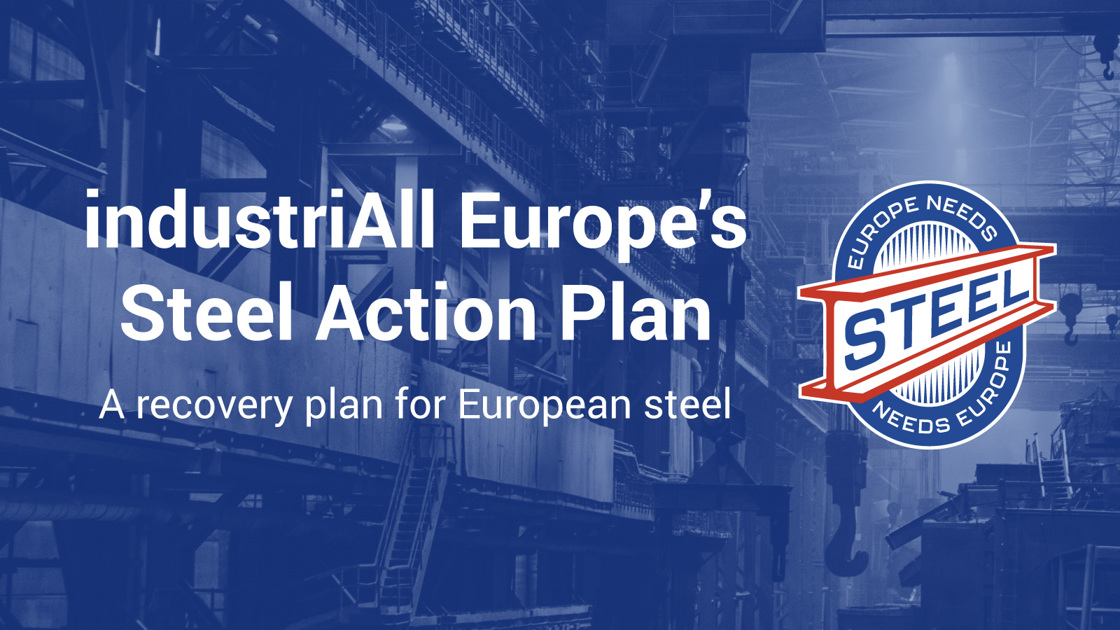Many of the steel companies that are now turning their back on Europe, have received state aid and workers insist that these companies properly invest in their sites and their workers.
The European steel sector currently faces a variety of challenges, from the collapse in demand due to COVID-19, increase in global overcapacity, to the need to decarbonise. Sadly, redundancies at major steel companies (including 1,000 jobs at TATA Steel Netherlands) and major plant closures (such as ArcelorMittal Krakow) are on the rise.
Trade unions continue to fight these decisions and call on European companies to act responsibly. Increasing concerns about the financial management of steel companies, such as the financial restructuring of the Vallourec Group, are extremely worrying for workers. In particular, the recent collapse of the Greensill Group and its devasting impact on Liberty Steel, proves that irresponsible and risky financing puts jobs at risk.
Furthermore, the growing relocation of European steel companies’ sites (many of which received state aid, either at national or European level), is completely unacceptable to workers who are also taxpayers. ArcelorMittal’s recent announcement to prioritise the development of its operations in India shocked workers at a time when investment in European sites is desperately needed.
Judith Kirton‒Darling, Deputy General Secretary of industriAll Europe said:
‘’Nine months after the release of industriAll Europe’s blueprint for an ambitious European Steel Action Plan, steelworkers across Europe are still waiting for a real European industrial strategy. With production cuts, site closures, restructurings and financial issues on the rise, joint action to safeguard good jobs in European steel is needed now, more than ever.’’
IndustriAll Europe’s position, which accompanies the European Steel Action Plan (2020), reflects the increasingly worrying behaviour and decisions of European steel companies, and sets out specific trade union demands. This includes the importance of responsible company behaviour vis-a-vis their workers and their communities.
Judith Kirton‒Darling added:
‘’Many of the steel companies that are now turning their back on Europe, have received state aid and workers insist that these companies properly invest in their sites and their workers. The reduction of investment in site maintenance is becoming a real concern for health and safety, and with the recent recovery of the sector, we insist that any profits are invested directly in the sites.
‘’Trade unions call on steel companies, national governments and the EU, to come to the table to agree on an ambitious and concrete plan for the steel sector which provides a pathway to a green and sustainable future for the sector and its workers. The European steel sector remains a strategic sector and essential in decarbonising Europe. This is not a time for European companies to lower investments, relocate or lose highly experienced workers. European steelworkers stand united in opposing bad financial management, redundancies, plant closures and relocations outside Europe, and urgently call for a new European Steel Action Plan.’’
industriAll Europe's updated position on the steel action plan: EN, DE, FR
industriAll Europe's steel action plan: EN, DE, FR
